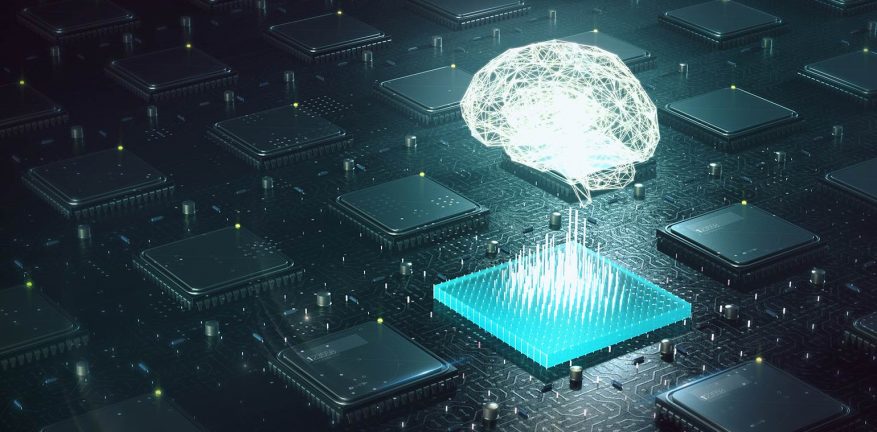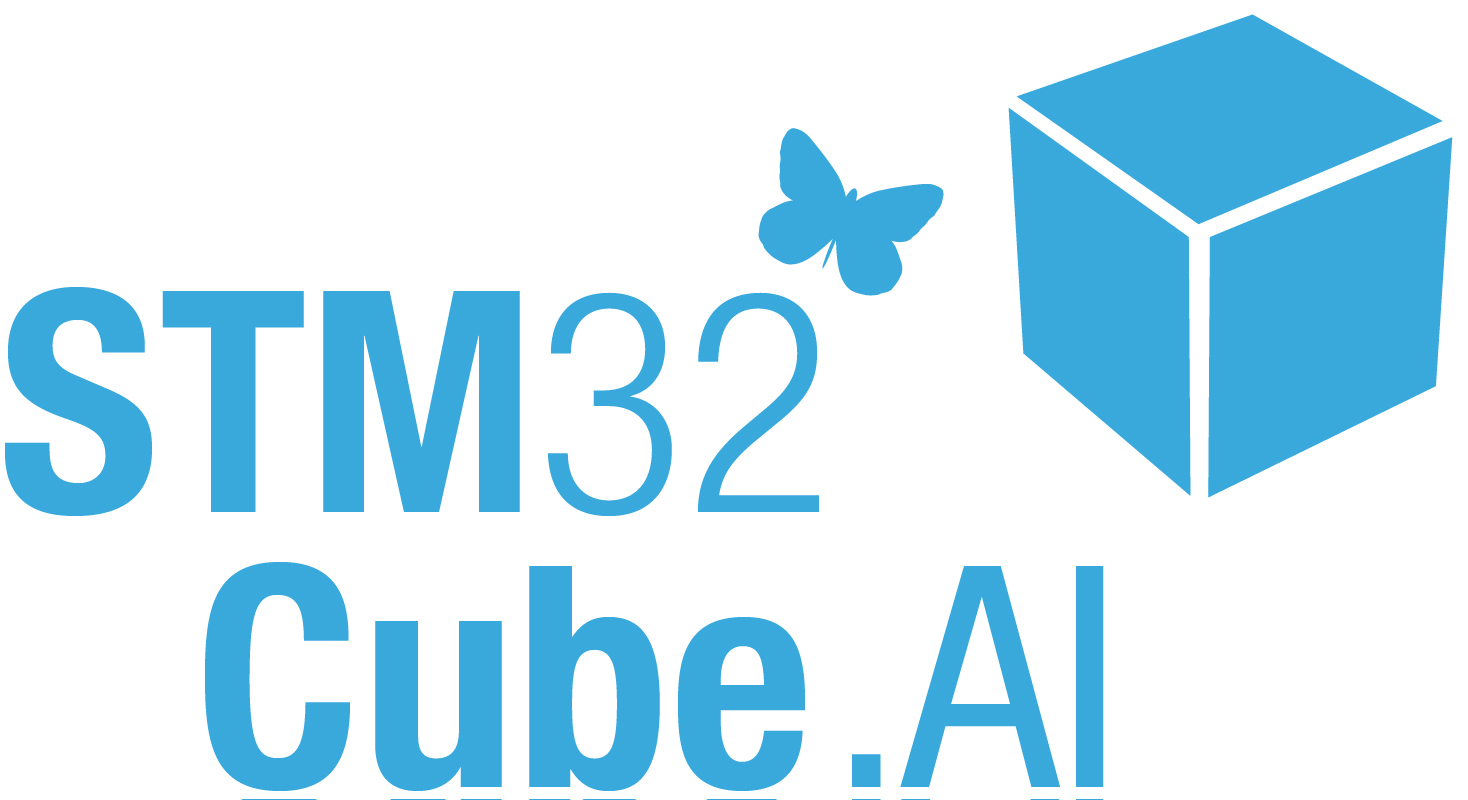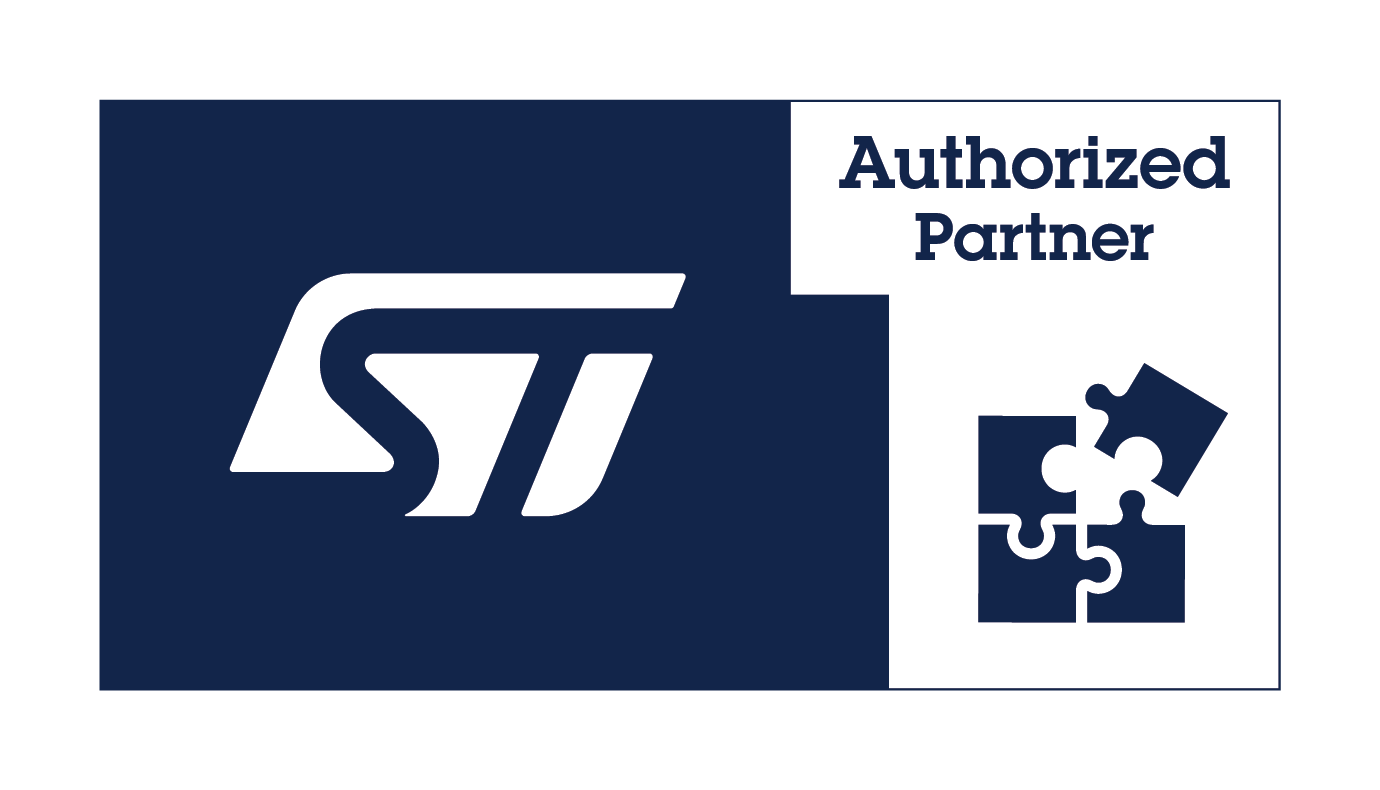Application note
Vivaldi Sound Recognition Platform
An AI-powered sound recognition product oriented to vehicles, industrial and smart cities applications
Machine learning enables classification from raw data collected by low power sensors acting on the edge. Today, non-structured data management can be integrated in the embedded application providing wide inference capabilities to the device, without the need to communicate with the cloud.
Supervised learning as well as reinforcement learning techniques drive the change to the creation of distributed-AI IoT architectures where narrow AI skills lead to the design of smarter, faster and safer devices.

Overview
The world of sounds is full of useful information and sound event classification is becoming a powerful solution in many domains: predictive maintenance, smart cities applications, intelligent transportation systems, robotics or security and home safety automation.
The Vivaldi platform enables your device to extract meaning from audio and to autonomously take important decisions based on a pre-trained deep neural network.
Small, cheap and energy saving components such as MEMS sensors and low power microcontroller from the STM32 series perform the full sequence:
- audio sampling
- feature extraction to transform audio data from a high to a low dimensional representation
- binary or multi-class classification based on the the pre-trained algorithm
Machine learning algorithms achieve high accuracy in defective state identification, key word spotting, physical event recognition, automatic defect recognition, biometric voice authentication and smart sensors calibration.
A significant potential to create value in the domain of the Internet of Things (IoT) is presented, where hard constraints on the available computing power are imposed.
Solution
Machine learning on the edge
Machine Learning is an application of artificial intelligence (AI) that provides systems the ability to automatically learn and improve from experience without being explicitly programmed (see https://www.expertsystem.com/machine-learning-definition/).
Today, a vast proportion of ML-based applications are supported by PC platforms, cloud computing or powerful smartphones. However, the latest trends and achievements in software technologies bring to be the possibility to run artificial intelligence on the edge (as part of the embedded software), while preserving an application’s accuracy and reliability.
The power of cloud computing is exploited during the training stage only, by means of the most advanced artificial intelligence and deep learning frameworks available today, such as Keras, Tensorflow, Theano or Caffè.
Software integration
The Vivaldi platform adopts STM32CUBE.AI for deep learning integration: a STMicroelectronics AI software extension for the well-known STM32CubeMX configuration and code generation tool.
The Vivaldi platform takes advantage of the most successful kinds of machine learning algorithms that automate decision making by generalizing from known examples and exploits the STM32CUBE.AI potential to create a customized embedded suite that brings automatic recognition of sound events and audio analytic capabilities to your application.

Further values
Running automatic environmental sound recognition on board rather than on the cloud brings a set of additional benefits for free by:
- decreasing the required memory capacity, since meaningful data are made available right after raw data collection (instant processing)
- reducing energy consumption (less data and less frequently are exchanged with the host)
- increasing an application’s safety, since the system operates without the need to be constantly connected to a host (operational safety as well as cyber security are enhanced)
If you’re interested in a real case example of embedded machine learning application have a look at the linked resource.


